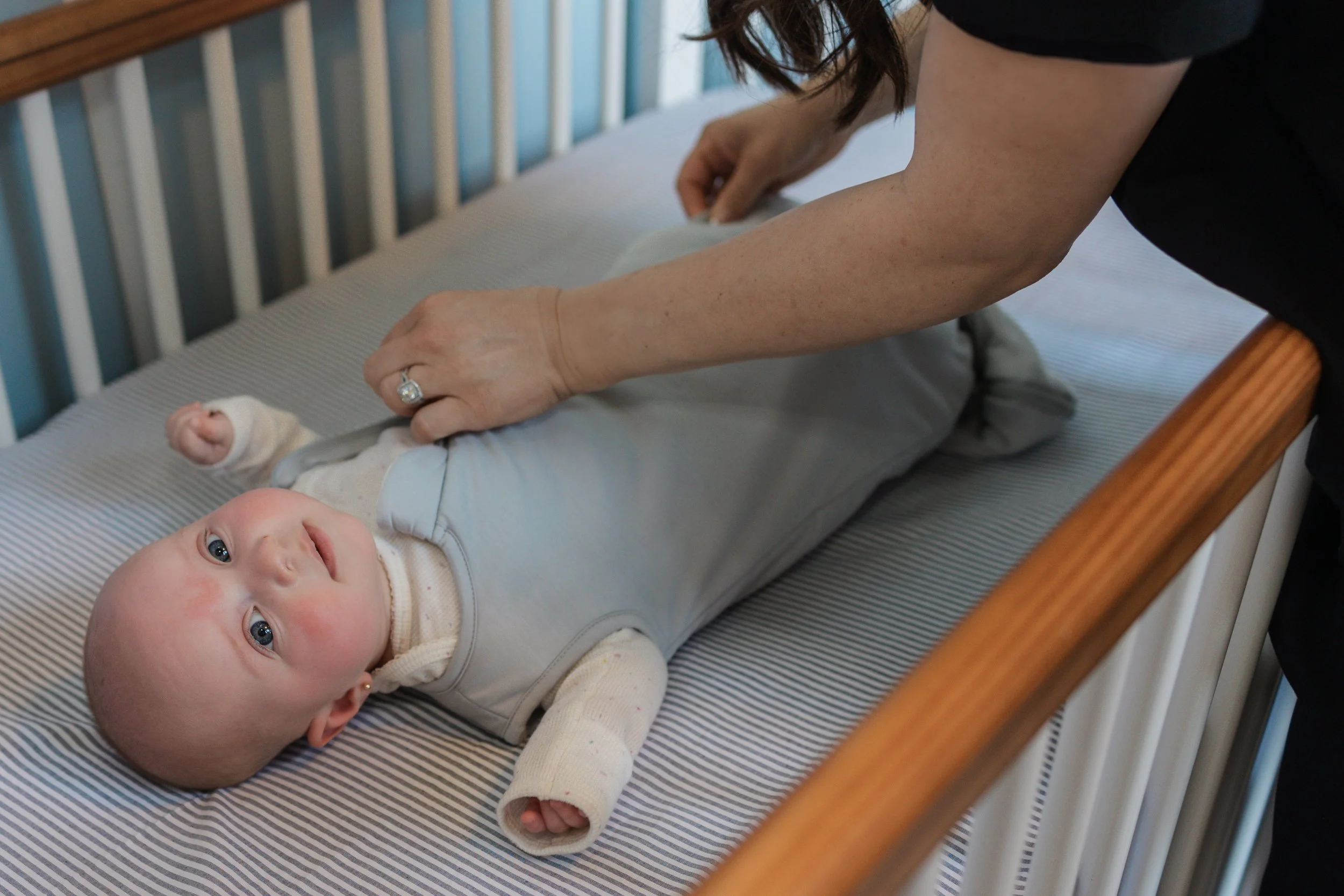How to Gently Lay the Foundation for Healthy Sleep Habits
If you’ve recently had a baby, chances are you’ve Googled “how to get my newborn to sleep longer” at 3 a.m. while rocking a tiny human who looks suspiciously wide awake. First off, you’re not alone. Second, let’s clear this up: newborns are not meant to sleep 12 hours straight, no matter what your neighbor’s cousin swears happened with her baby (sure, Jan).
But the good news? You can gently start laying the foundation for healthy sleep habits early on—no rigid schedules, no harsh sleep training, and definitely no judgment. Think of it as giving your baby the bedtime basics, so that when they’re ready, sleep comes a little easier for everyone.
Step One: Learn Your Baby’s Sleepy Cues
Babies are like tiny poker players—hard to read at first, but once you learn their “tells,” the game gets easier. Yawning, rubbing eyes, zoning out like they just binge-watched Netflix… these are all signs it’s time to start winding down. Catching these cues early can help prevent overtired meltdowns (which, let’s be honest, none of us handle well—babies or adults).
Step Two: Create a Simple, Soothing Routine
Don’t overthink this—your baby doesn’t need a spa night with candles and whale sounds (though, honestly, that sounds nice for us). A short, consistent routine—diaper change, swaddle, feeding, cuddles, lights dimmed—signals to your baby that sleep is coming. Repetition is key, not perfection.
A night nanny or newborn care specialist can help you design a bedtime routine that actually works for your family, without turning evenings into a three-hour production.
Step Three: Differentiate Day vs. Night
Newborns have zero clue what time it is. (Honestly, same, before coffee.) Help set their little internal clock by keeping the lights and sounds bright and lively during the day, and dim and quiet at night. Over time, this helps your baby learn that 2 p.m. is for cooing and playtime, while 2 a.m. is for snoozing—not partying.
Step Four: Make the Sleep Space Safe & Cozy
The American Academy of Pediatrics recommends babies sleep on their backs, on a firm mattress, with no loose blankets or stuffed animals. It may not look Instagram-worthy, but it is safe—and that’s what matters most. A swaddle or sleep sack can add that snug, womb-like vibe babies love.
Pro tip: a doula or night nanny can show you how to swaddle like a pro (without the baby breaking free in 0.2 seconds like a mini Houdini).
Step Five: Manage Your Expectations
Here’s the truth: even with the best habits, newborns will still wake up often. That’s biology, not failure. The goal in these early weeks isn’t perfect sleep—it’s setting gentle patterns that will pay off later, while also making sure you aren’t running on fumes.
This is where having support from a night nanny, doula, or newborn care specialist can feel like magic. They can handle night wakings, guide you through feeding rhythms, and help your baby build healthy sleep foundations—while you get some actual rest.
Final Thoughts: You’re Not Doing It Wrong
If your baby still wakes every two hours, you’re not broken, your baby’s not broken, and you don’t need to download every sleep app on the market. Building healthy sleep habits is a marathon, not a sprint. With consistency, patience, and maybe a little extra help, you’ll get there.
So, mama, take a deep breath. You’re doing an incredible job—and if you need backup, Harmony Baby Concierge has your village ready to swoop in. Because sometimes the healthiest sleep habit of all is making sure you get some, too.
Ready for More Rest, Mama?
If the idea of “healthy sleep habits” feels dreamy but impossible right now, you don’t have to figure it out alone. At Harmony Baby Concierge, our team of night nannies, postpartum doulas, and newborn care specialists are here to guide your family toward better rest—without stress, judgment, or one-size-fits-all solutions. From soothing bedtime routines to overnight support (yes, you can actually sleep while someone else lovingly tends to your baby), we’ve got you covered.
Because healthy sleep habits aren’t just for your little one—they’re for you, too. Let’s build them together.


